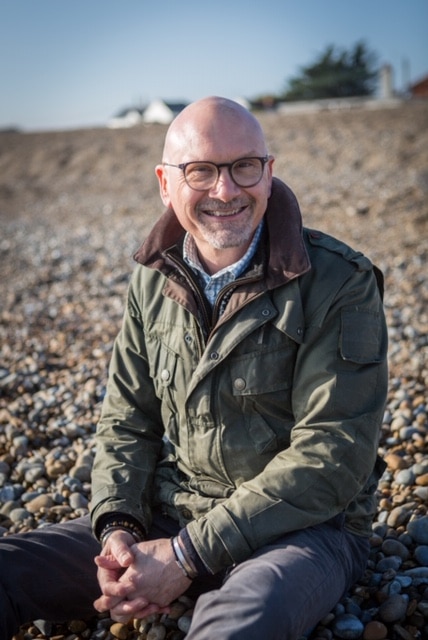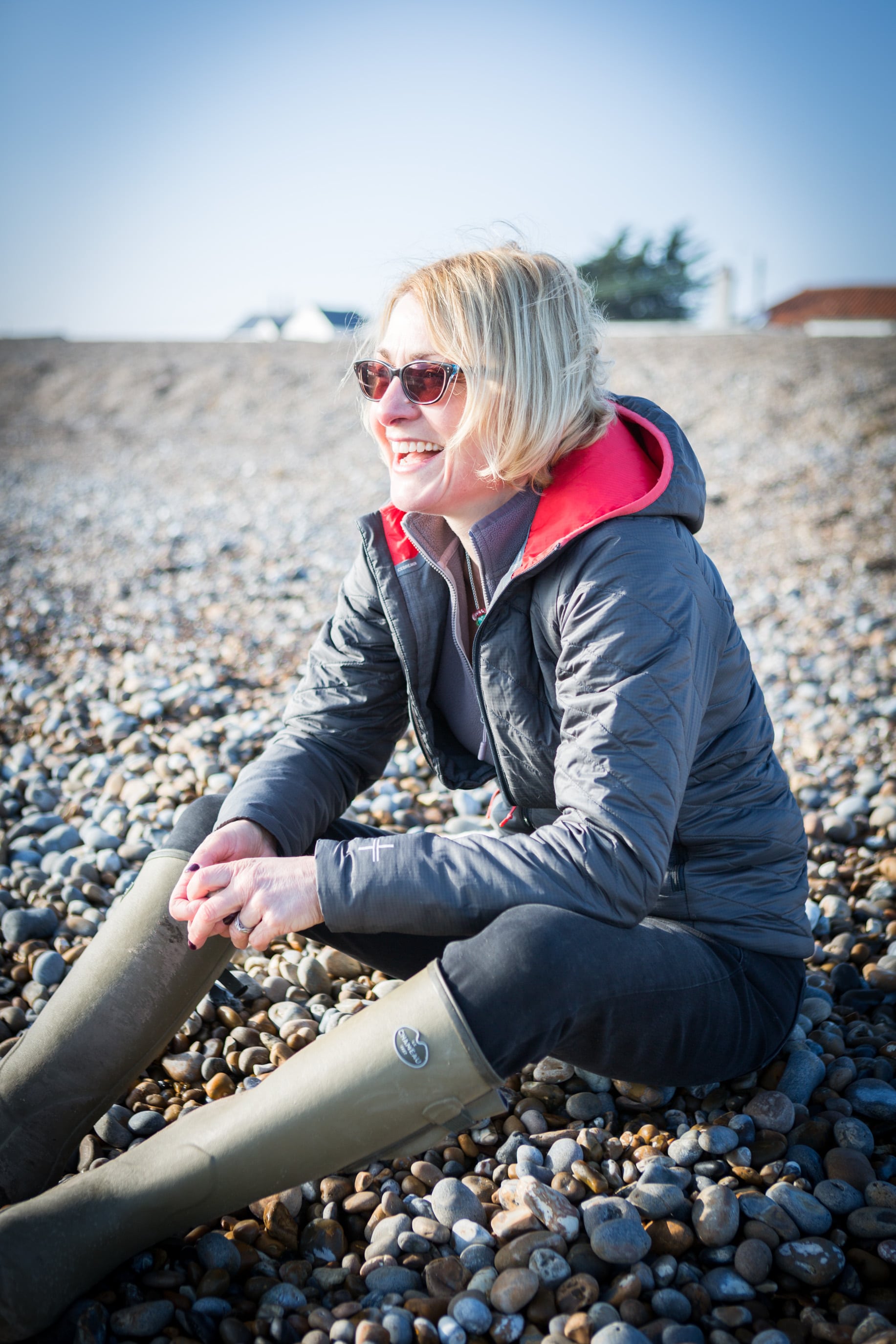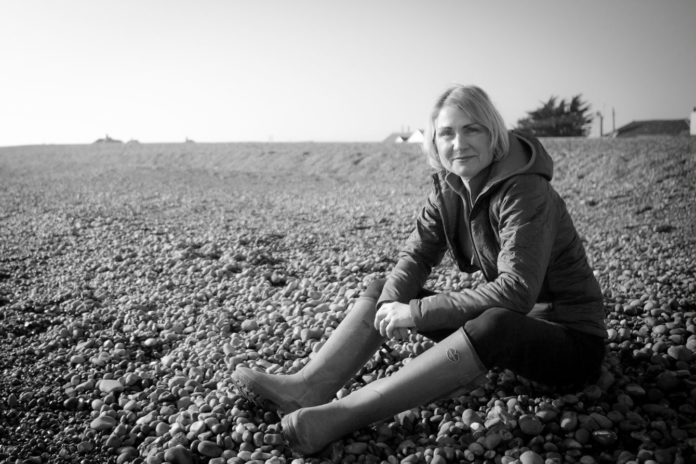Jayne Cox and Michael Cox had the right idea at the right time with their creation of Fusion Spaces.
You both had previous careers. How was it starting a new business?
As a couple, it was interesting and had its challenges as we discovered our business skills and learnt more about our strengths and weaknesses. It brought with it huge excitement and fear at times, in fact a whole range of emotions, but we knew we had no choice but to bring this business to life.
Fusion Spaces was built upon a life-changing experience. Michael had successfully undergone cancer treatment in 2013 so in 2014 we decided we needed a change of direction. We pooled our ideas, knowledge, and passions and the result was Fusion Spaces.
What is this new business you have started?
Fusion Spaces is a technical well-being company. We bring innovative well-being integration to businesses and provide specialist consultancy.
“Online events will be more sustainable”
All live events have now been cancelled with the virus outbreak. Do you see many events being virtual after the outbreak?
Before the coronavirus was making headlines we had been looking at our industry and the technology we have available to us. We were thinking how unsustainable global events were becoming and we made a decision to experiment and attend the Integrated Systems Europe (ISE) event held in Amsterdam, virtually. It’s been interesting and we feel we gained more and reduced the associated stress due to travel.
We realized everything we needed we had at our fingertips. Plus, this decision was made before the coronavirus hit. Once the news of the virus came out, attendee and exhibitor drop-out figures were high.
We do believe this global lockdown and virtual human connection will leave a lasting impact. Online events will be more sustainable; we’ll be able to greatly reduce costs and our carbon footprint. We look forward to being part of the change that will help to shape future work options beyond the coronavirus. We know we can respond and facilitate a more sustainable life using technology and helping to develop what we have and how we use it.

Digital Networking
How does an audience interact with each other in a virtual event?
Messaging within the platform allows attendees to learn about each other and their businesses, interests, etc., and then they can connect and network virtually. With an insight to who’s attending you can actually cherry pick your conversations, which can lead to more fruitful and higher quality connections.
Focusing on Secure, Professional Video Conferencing
With many now remotely working, how do you see technology impacting that?
The demand for video conferencing has gone through the roof and now we believe we need to focus on using secure, professional platforms that are not selling our data.
We’ve researched what is out there and decided to partner with the most secure platform in the world. Our chosen video conferencing platform is provided by a UK company and is both simple and secure, meeting BSI standard ISO/IEC 27001. Its ease of use can assist remote or office-based working and can provide a confidential platform for employees to use remotely.

Transforming Spaces With Technology
What are the “comfort zones” you are working on?
Comfort Zones are aimed at taking the stress out of the work environment. It is a new service and technology package which transforms spaces.
Comfort Zones address all basic human needs by redefining a workspace. The service supports well-being by using both glitch-free technology and well-being-focused solutions such as biophilic design, circadian lighting, anti-viral air purification, green walls, and soundscaping.
“Make time for work, take time to rest and restore”
With the virus outbreak, with all the knowledge you have at hand, how are you changing your work days? Any tips for others?
We made the decision to socially distance ourselves before the UK government advised us to. We believe that leaders and entrepreneurs need to make challenging decisions that sometimes appear to flow against the tide.
It’s really important to make a space as comfortable as you can to work, ideally in a location with access to natural light and views. If the room is not designed for work it’s helpful if the room can return to a home space after work, or at least keep work-related technology in another room or out of sight. Take working-at-home breaks, including social media and news reports. Make time for work, take time to rest and restore, and enjoy having a little more time to self-nurture.
If you are fortunate to still be able to take a walk, cycle, etc., the afternoon can be a good time and signal the end to a working day. Gentle exercise at home could start the day, with a walk around the garden or active movement around the house. We love our wearable technology but it can be stressful to be reminded how your exercise habits have changed, so you might find turning some of these functions off may help.
Finally, share some lightness, fun and humor with your friends and family and talk about a positive future and life beyond COVID-19.
Virtual Catch-Up With Friends
Finally, how do you stay connected as we need human contact?
It’s hugely important to remain in contact with friends and family and not just connect through work. We are social animals and setting up WhatsApp groups or just connecting with a friend will help with feelings of isolation.
Or why not set up a virtual catch-up via a free online video platform such as Zoom? In the UK, pubs are closed but there is no reason not to set up a virtual one to “meet” your friends in.


